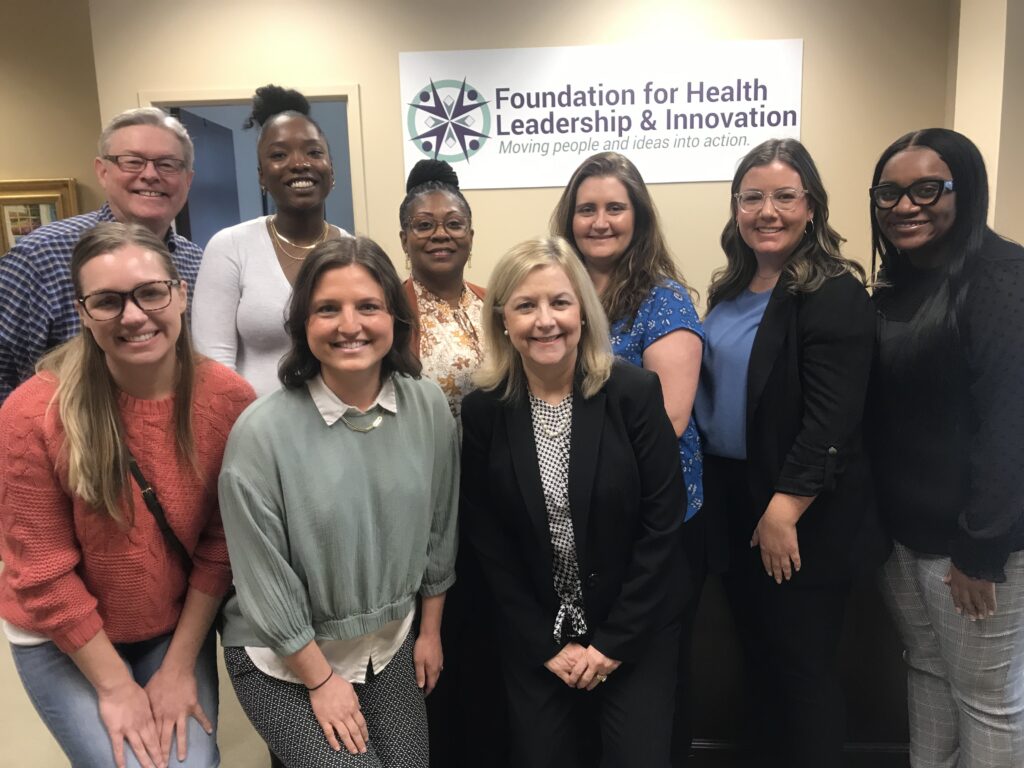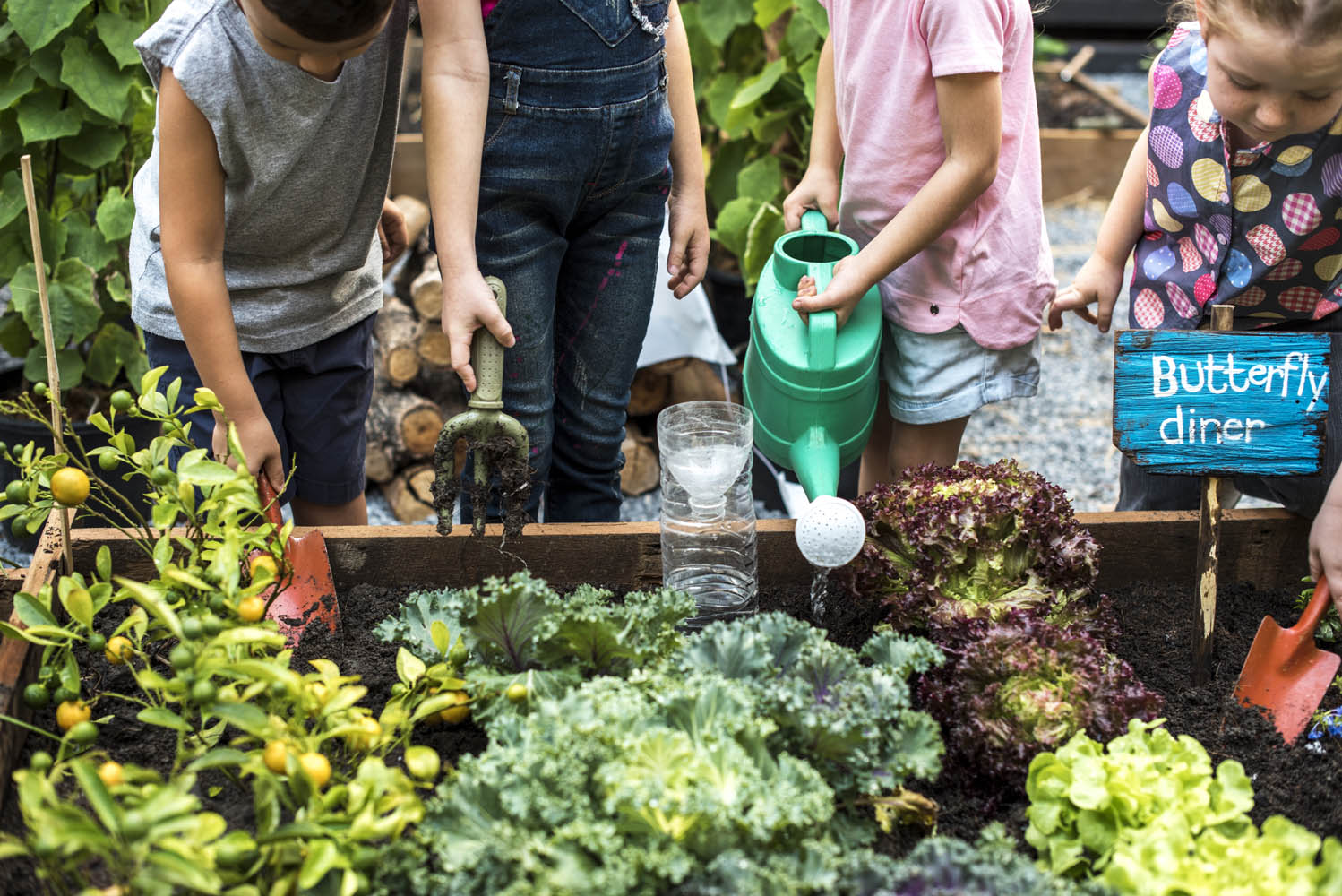Developing future leaders to work in and improve the health of rural and underserved communities.

The Jim Bernstein Community Health Leadership Fellows Program prepares emerging health leaders to work in and improve the health of rural and under-served communities in North Carolina. The program identifies and supports the work of outstanding individuals already working in health services in these areas and share Jim’s commitment and passion for rural health.
When selected, Bernstein Fellows receive:
- Educational opportunities and individual mentoring through a network of professionals associated with FHLI.
- Up to two years of funding to support a project they develop that will improve the health of their community.
After the two-year Fellowship, Bernstein Fellows will not only have a clear understanding of rural and underserved community needs, but will also have acquired the leadership skills necessary to engage and collaborate with others to improve the health and economic state of these communities.
Check out our 2024 Bernstein Fellowship flyer for more information.
2024 Applicant Information
Are you interested in applying to be a Bernstein Health Leadership Fellow? Download the 2024 application here.
Send an email to Nel Edwards and you will be added to our contact list regarding all future program announcements.
Important 2024 Application Dates
Application open: February 1, 2024
Informational webinar: March 12, 2024, noon
If you missed the webinar, you can watch a recording below or download the slide deck here.
Deadline to apply: April 30, 2024
Interviews with select applicants will take place on April 29th. If extreme circumstance prevents an applicant from interviewing on this date, arrangements can be made to ensure the opportunity for interview.
Fellows will be notified of selection to the program no later than May 15th. Orientation for new Fellows will take place on October 2nd and 3rd, 2024.
What to Expect as a Bernstein Fellow
Program Description
Fellowships will be awarded to up-and-coming health professionals (administrators, practitioners, etc.) from a variety of disciplines (primary care, pharmacy, behavioral health, oral health, public health, social work, etc.). Fellowships are awarded for a two-year period and are comprised of an educational component, an individualized project, and an ongoing relationship with a mentor centered on the core elements of:
- Building leadership capabilities
- Understanding key elements of the health sector in North Carolina
- Recognizing strengths and challenges of rural communities
- Collaborating effectively with local and state partners
Educational Component
Educational sessions will be held over the two-year Fellowship period to enhance each Fellow’s overall understanding of rural health and to develop each Fellow’s professional skills as they relate to the current health climate. During the Fellowship period, approximately 12 days will be dedicated to educational programming. The Fellows program is not part of a degree-granting program.
Project Component
The project will be individualized in accordance with the Fellow’s professional interests and goals and the goals of the Fellow’s employer. Each Fellow will have an opportunity to work with a mentor relative to their identified project. During the Fellowship period, each Fellow will submit project progress reports, and at the conclusion of the program, each Fellow will submit a project summary and share their summaries with their local communities and the Board of Directors of the Foundation for Health Leadership & Innovation.
Commitment
Fellows will be expected to spend 10-12 percent of their work time on Fellowship activities.
Eligibility Criteria
To be eligible for consideration, an individual must:
- Work in an organization that is located in or serves a rural and/or underserved community in North Carolina,
- Demonstrate a commitment to community-driven health care,
- Demonstrate a strong commitment to remaining in North Carolina,
- Demonstrate leadership potential (such as, being a self-starter, resourceful, industrious, motivated, mature, resilient, a good communicator, problemsolver, and team player),
- Be sensitive to different cultures and unique client populations in health care settings and programs, and
- Hold realistic expectations about working in rural or underserved communities and with vulnerable populations.
Submissions
Interested applicants are asked to submit the following items:
- Curriculum vitae or resume (to serve as your cover page),
- Written statement (see prompt below),
- Letter of support from the employer,
- Letter of recommendation from a professional source, and
- Signed Statement of Understanding and Commitment (see attached)
Your written statement should address your interest and goals for the Fellowship program. It should answer the following questions:
- Why are you interested in participating in the Fellowship program?
- What is your understanding of what the Fellowship program can offer you as a health professional?
- What are your strengths and challenges as a health professional?
- What personal and professional goals, relative to developing the leadership skills stated in this request for applications, do you hope to achieve in this program? What does achievement of those goals look like (how will your goals be measured) at the end of the Fellowship term?
- What are some areas of interest you wish to pursue in the development of your Fellowship project?
- What communities and agencies would be affected by your project interests, and how can your project work bring positive and lasting change to these communities and agencies?
